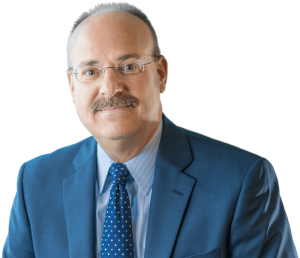Publication Source: New York Law Journal

In a case receiving widespread national interest involving the Roslyn School District embezzlement scandal, Nassau Supreme Court Justice Alan L. Honorof ruled on Jan. 3 that it was unnecessary to determine whether New York's statutory marital privilege applies to same-sex couples because the privilege does not apply at all to communications that relate to participation in a criminal venture. People v. Signorelli, Indictment No. 1289N-05.
Although the closely watched decision was seen by many as a potential test case for applying marital rights on a so-called gender neutral basis, Justice Honorof relied on a recognized exception to the marital privilege, rendering the novel privilege claim moot.
While it is often thought that the marital privilege prohibits a spouse from testifying at all against, or relating to communications with, the other spouse, there are a number of well-accepted limitations on the scope and application of this statutory privilege.
Based on long-standing exceptions and limitations, the privilege is often unavailable in many contexts in both criminal and commercial litigation.
-----
Kevin Schlosser is a Shareholder and Chair of the Litigation and Alternative Dispute Resolution Department at Meyer, Suozzi, English & Klein, P.C. He handles complex commercial litigation, is on the Roster of the AAA National Panel of Commercial Arbitrators, serves as outside general corporate counsel, and is author of the New York Fraud Claims Blog, www.nyfraudclaims.com.
Reprinted with permission by the New York Law Journal.
990 Stewart Avenue, Suite 300,
Garden City, NY 11530
750 Ninth Street, Suite 501
Washington, D.C. 20001
Phone(202) 887-6726Fax:(202) 223-0358


